Happy Juneteenth!

By Cass Jacoby, RCS Reporter.
Black history is American history. Learn all about Juneteenth and why it is important we observe this holiday that is all about freedom.
National Women in Roofing (NWIR) proudly wishes you a happy Juneteenth and shared the following graphics with us to help tell the story!
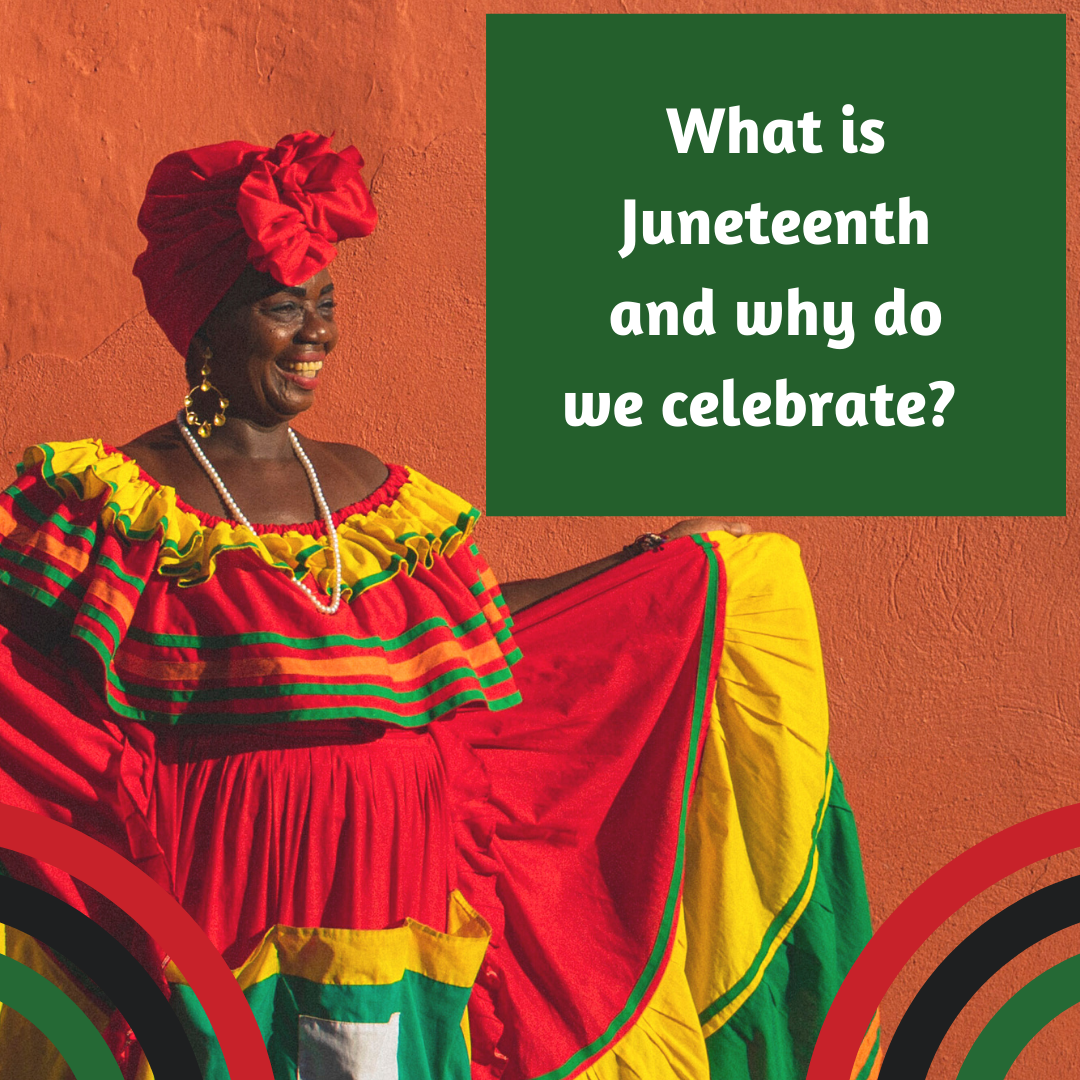
Juneteenth (officially Juneteenth National Independence Day, and also known as Jubilee Day) is a federal holiday in the United States commemorating the emancipation of enslaved African Americans.
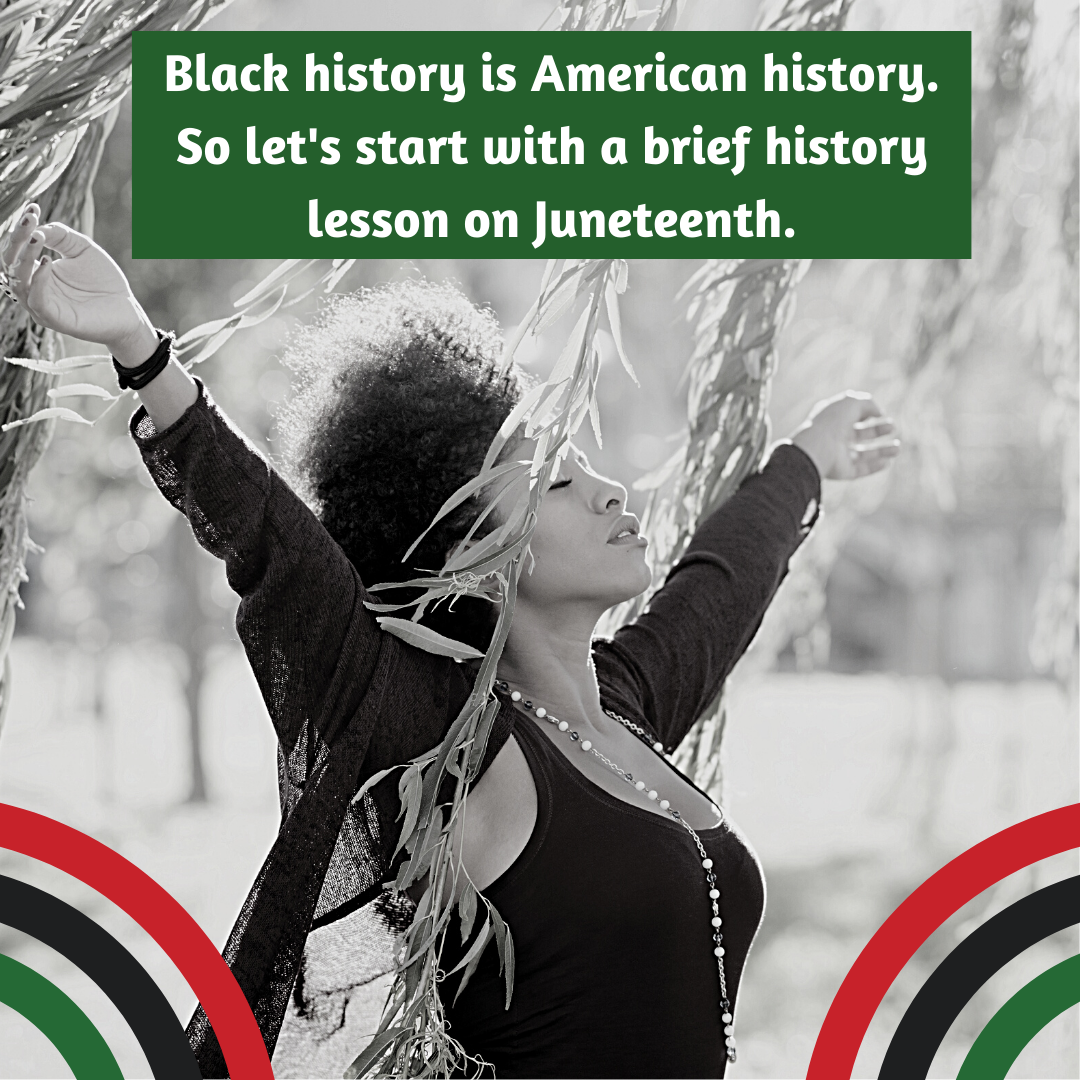
June 19, 1865, marks the day a group of enslaved people in Galveston, Texas, finally learned that they were free from the institution of slavery — almost two-and-a-half years after President Abraham Lincoln signed the Emancipation Proclamation.
One of the biggest misconceptions about the day is that people often think that was the day slavery ended in the U.S., but in fact, the 13th amendment which abolished slavery in the United States was passed in the House on April 8, 1864, and the House on January 31, 1865.
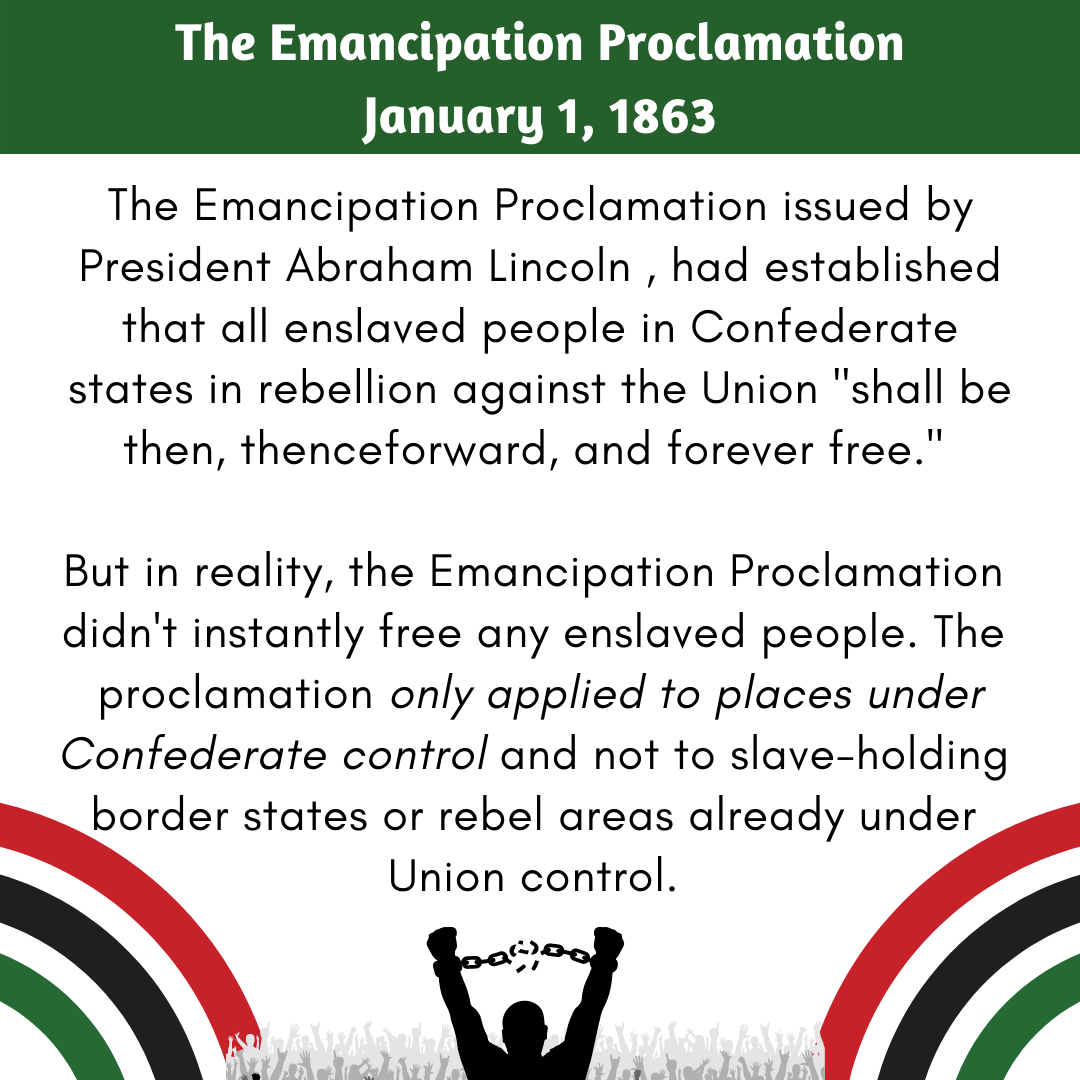
The Emancipation Proclamation stated that “all persons held as slaves … are, and henceforth, shall be free.” And while the document legally liberated millions of enslaved people in the Confederacy, it exempted those in the Union-loyal border states of Delaware, Maryland, Missouri and Kentucky. These states held Confederate sympathies and could have seceded; Lincoln exempted them from the proclamation to prevent this.
A year later, in April 1864, the Senate attempted to close this loophole by passing the 13th Amendment, prohibiting slavery and involuntary servitude in all states, Union and Confederate. But the amendment wouldn’t be enacted by ratification until December 1865. In other words, it took two years for the emancipation of enslaved people to materialize legally.
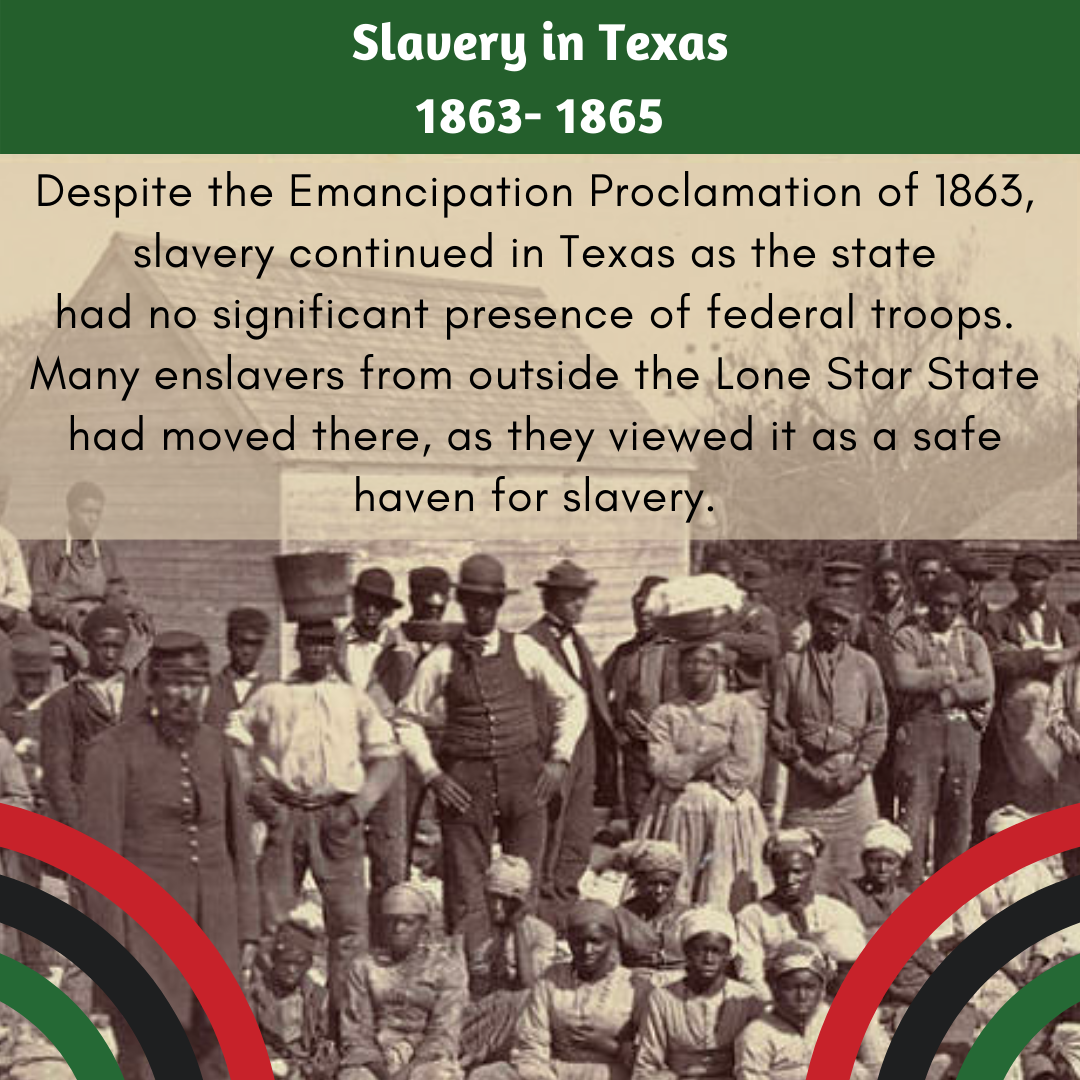
Thus, while the Emancipation Proclamation was signed on the first of January in 1863, the news of the end of slavery in Texas had not traveled to this community until 1865. Since then, the day has been dedicated to commemorating the struggle against slavery and celebrating freedom. Further, the day carries significance in how emancipation was tragically deferred for those in the deepest reaches of the confederacy.
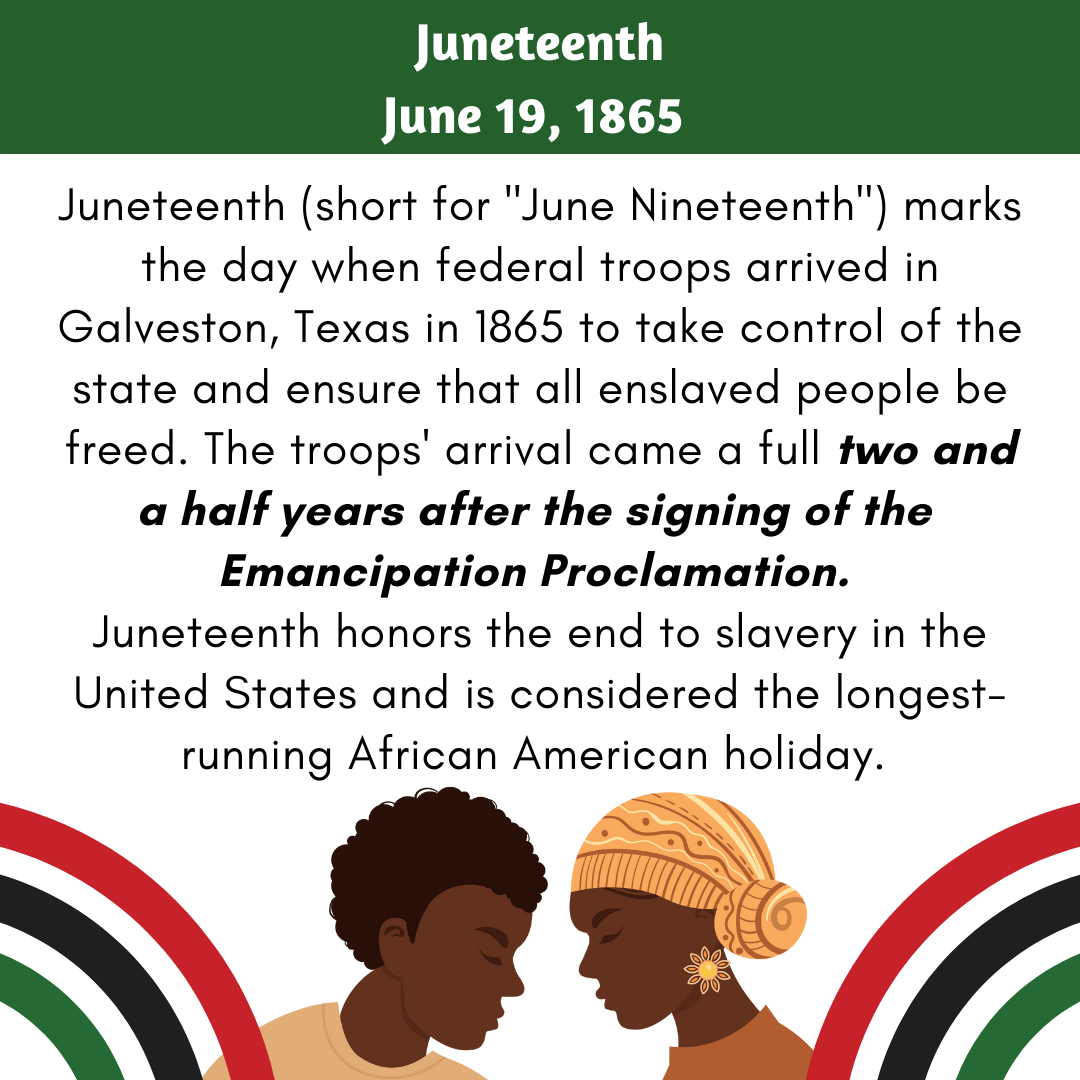
Congress has just last year made Juneteenth a federal holiday, however, it is one of the longest running African American holidays. The first Juneteenth celebration took place in 1866 in Texas with community gatherings, including sporting events, cookouts, prayers, dances, parades and the singing of spirituals.
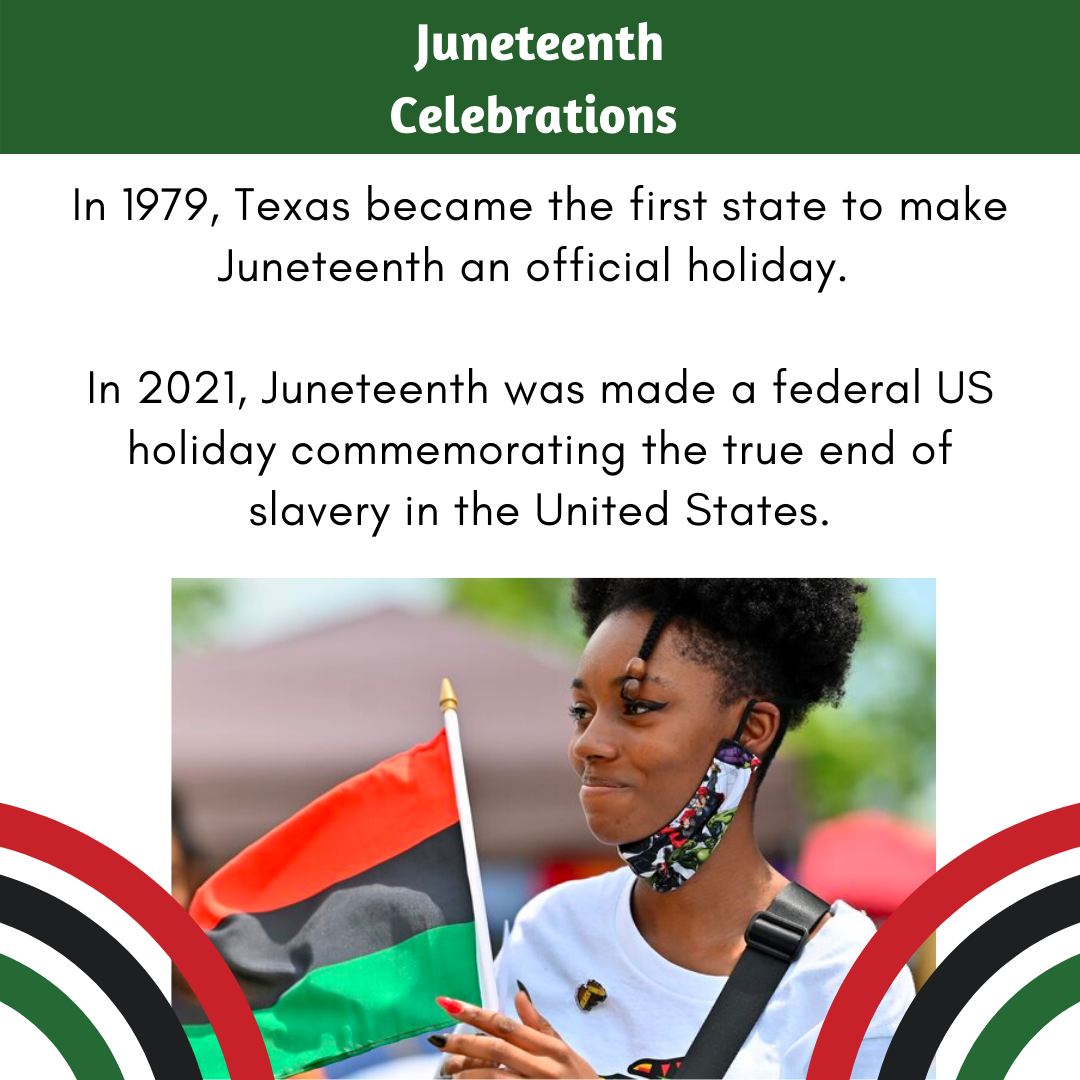
At the core of the celebrations was a desire to record group gains since emancipation, as Historian Henry Louis Gates Jr. has noted, it was “an occasion for gathering lost family members, measuring progress against freedom and inculcating rising generations with the values of self-improvement and racial uplift.” This day over time, increasingly a holiday that reinforced hope.
Although Juneteenth celebrates the knowledge that slavery had ended, it also serves as an important reminder of the conditions throughout history that mirrored slavery whether it was Jim Crow or the suppression of Civil Rights. The day is a poignant reminder of the continued struggle against racism that has endured long after the end of slavery — celebrating how far we have come as well as inspiring us to continue to do better.

As the American public continues to grapple with how to talk about slavery and its enduring consequences, the celebration of Juneteenth is at least a start to acknowledge the harmful way America was built and the foundational contributions of the enslaved. Juneteenth provides us with a sense of encouragement and inspiration to continue to fight against racism, encouraging us to learn more about African American History and to look back at our past so we might have a brighter future.
Learn more about NWiR in their RoofersCoffeeShop® Directory or visit www.nationalwomeninroofing.org






















Comments
Leave a Reply
Have an account? Login to leave a comment!
Sign In